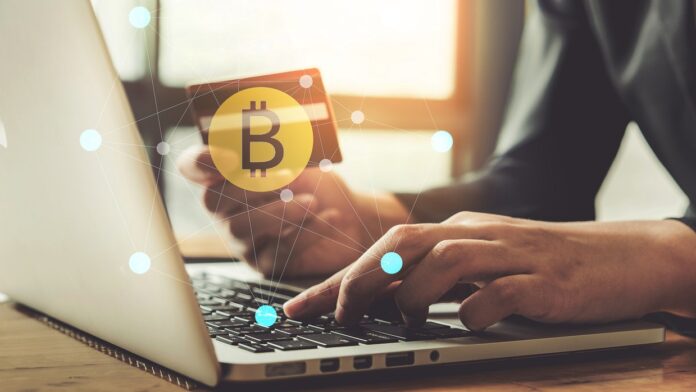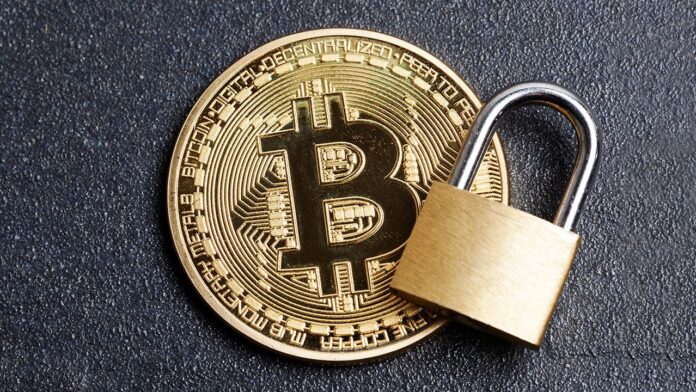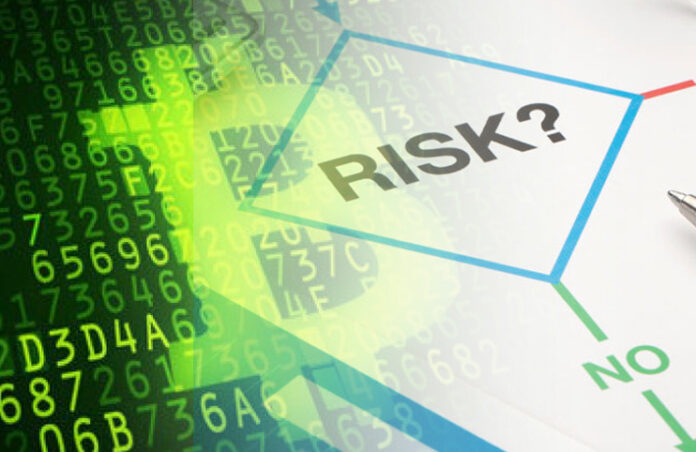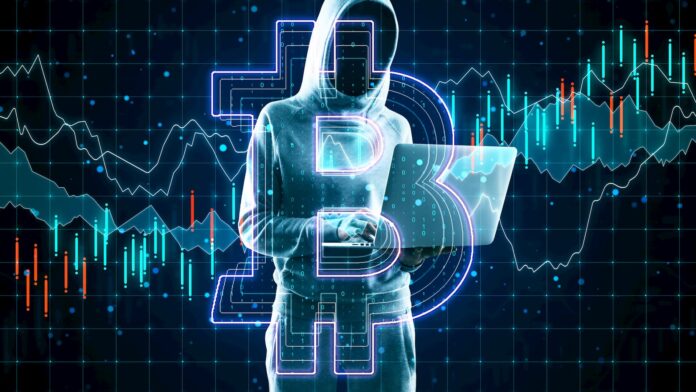
Is cryptocurrency safe? It’s a legitimate question, given the recent spike in cryptocurrency trading and governments’ struggles to keep up with consistent regulation. Cryptocurrency’s security—or lack thereof—will likely continue to be a more pressing issue in the years ahead, as a recent report from Allied Market Research projects the global crypto market to more than triple by 2030.
The answer to how safe crypto is, at least for now, is complicated. Yes, cryptocurrency does come with some security risks that you should know about before making your first trade. Firstly, crypto is still an extremely volatile asset class, prone to roller-coaster fluctuations in price. Secondly, this relatively new—and relatively unregulated—financial ecosystem comes with its share of scammers looking to prey on unsuspecting newcomers.
But crypto has some security benefits that make it appealing as well. In this article, we’ll review the main security points you should know before diving deeper into crypto.
Is Cryptocurrency Safe And How Can You Safely Invest?

When someone asks if buying and selling cryptocurrency is safe, they may be asking one of two questions:
- Is crypto a risky investment that could go down in value quickly?
- Does crypto have security risks that could result in losing money via a scam or other type of fraud?
Since these are fundamentally different questions, we’ll address each of them individually.
Is Cryptocurrency A Safe Investment?
Compared to other asset classes such as stocks and government bonds, investing in cryptocurrency can be considered very risky.
While cryptocurrencies are generally seen as legal across Europe, many aspects of it remain unregulated or may be subject to shifting regulations. Fluctuating regulations are part of what can make crypto markets more vulnerable to instability as we saw in the summer of 2024 when China’s crackdown on crypto-related activities coincided with a drop in Bitcoin’s price. With so many world governments weighing how to react to crypto’s rise, there are a lot of factors that may contribute to crypto’s volatility moving forward.
Another part of crypto’s general volatility comes from the fact that it’s still relatively new, and investors may not know exactly what to make of it yet. As it doesn’t have the same historical proof points as other asset classes, like stocks, it may be more prone to huge price swings that come with shifting investor sentiment. Some are more prone to this than others, but even Bitcoin, the oldest and biggest crypto by market cap, is known for alarming price swings.
If you invest, you can mitigate the risk by not buying more than you can afford to lose. There is still a non-zero chance of any asset plummeting in value on a given day, so exercise caution and consider a diversified portfolio of investments with crypto playing a smaller and more speculative part.
Learn more about payments and transfers at bitcoin-billionaire-pro.com.
Are There Security Risks Associated With Cryptocurrency?

Yes, there are some security risks you should be aware of. We’ll break them down here.
Paying With Crypto Comes With Limited Legal Protections
Payments with traditional debit and credit cards offer certain security features that crypto doesn’t. For example, in some cases, you may not be liable for fraudulent purchases made in your name. This generally is not the case with cryptocurrency. If you lose your money to a scammer, you may not have any real way to get it back.
Cryptocurrency Scams Are Common
Maybe you’ve already received an email with a threat to reveal compromising photos of you if you don’t pay a certain amount in Bitcoin. Or maybe you’ve received a suspicious message congratulating you for winning a rare NFT or a large pot of cryptocurrency.
These are just a few examples of scams to look out for. In general, if someone is asking you to pay them in crypto and refusing other types of payment, they may be attempting to steal your money. And if someone pressures you to pay with it in any other way, chances are high that they may be trying to scam you.

You Can’t “Take Back” A Cryptocurrency Transaction
Many use blockchain technology to create a secure, public, and uneditable ledger of transactions. This technology comes with security benefits, but it also means that transactions are generally not editable or reversible after the fact. If you pay somebody with crypto, there’s typically no customer service agent you can call to process a refund if things go sour.
These are just a few of the security risks associated, but others continue to crop up as the crypto ecosystem evolves. The U.S. Federal Trade Commission updates its information on crypto scams and security as they develop, so it may be worth checking every so often.
What’s The Most Secure Way To Buy Cryptocurrency?
With the rise of crypto has come a similar rise in the number of online exchanges and marketplaces where users can buy and sell. As a general rule, the safer online platforms tend to ask you to prove your identity, as they follow Know Your Customer (KYC) and Anti Money Laundering (AML) guidelines.
Many popular crypto exchanges require customers to verify information about themselves before they gain access to certain trading features. If you’re just starting, it’s generally a good idea to go with an exchange or marketplace that takes security seriously and implements these types of steps to verify your identity.
What’s The Most Secure Way To Store Cryptocurrency?

Generally speaking, the most secure way is to keep it offline and away from those who might be able to use an internet connection to get their hands on it. You can keep your crypto offline if you use a hardware wallet—also referred to as a “cold wallet” or “cold storage.” Digital wallets (i.e. “hot wallets”), which can be online or on your desktop, may be more vulnerable to theft from hackers.
There are various types of wallets to choose from, including hardware wallets offered by well-known names. The downside of hardware wallets is that they can be pretty expensive, and you’ll need a recovery seed to regain access to your crypto if you lose or misplace your wallet. Still, they probably represent the safest option at this point.
3 Tips To Keep Your Cryptocurrency Safe
A cautious approach can help you avoid some of the dangers most commonly associated with. Here are the top tips to steer clear of the pitfalls.
1. Research Any Exchange Before You Buy Crypto
In the past, some exchanges have suffered damaging attacks from hackers. Consider choosing an exchange with strong security features, as well as low fees and ease of use. Before you transact, do some research on the exchange and try to find out what users have to say about it.

2. Research Before Investing In Them
Read the crypto’s whitepaper. The standard for every new currency, this document is designed to help you understand the use cases and scalability, and the creator’s plans for the future. You could also join an online forum to get ideas and tips to supplement your research. Internet searches may also yield helpful information about a crypto’s track record and reputation.
3. Store Most Of It In A Secure Crypto Wallet
Storing most of your crypto in a secure wallet should give you some protection from theft. Using a hardware “cold” wallet can mitigate the risk of losing to an online hack.
What Else Should You Know About Cryptocurrency?
Cryptos are a relatively new phenomenon, so there’s plenty still to learn—including the ins and outs of crypto wallets, NFTs, and blockchain technology itself. It’s best to get a good understanding of it before you buy.











